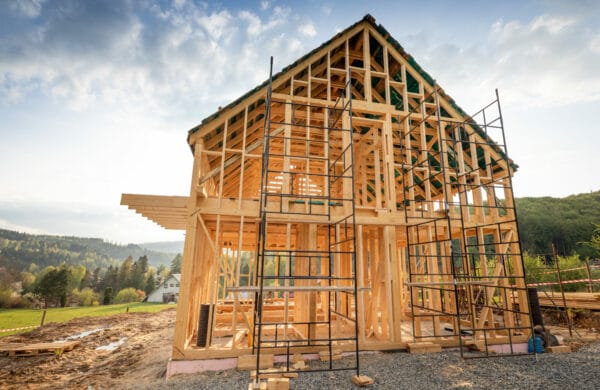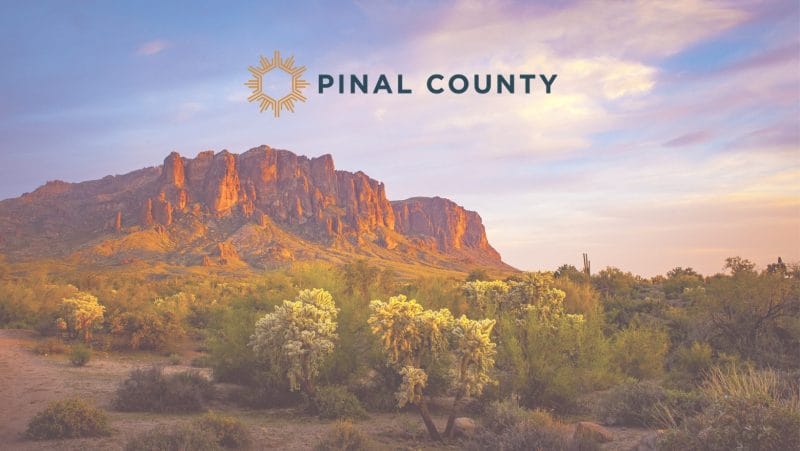Navajo Nation Council Delegate Carl Slater said it’s important to ask what Lake meant by preserving the Arizona Western heritage and what is her definition of the West?/Facebook
By Arlyssa Becenti | Arizona Republic
Kari Lake, the former television anchor seeking the Republican nomination for Arizona governor, took to Twitter earlier this year to declare she will fight to preserve the “western Arizona heritage” and won’t let the state become like the California suburbs.
In the Feb. 12 tweet, the candidate wrote that “the spirit of all the cowboys that settled here in this unforgiving desert lives in each of us.”
At a time of increasing land acknowledgments, Indigenous advocates say Lake forgets the “unforgiving desert” was already inhabited and settled by Indigenous peoples who were here long before the cowboys she praised.
Even if the wording was an oversight, it has raised the question among Indigenous voters of how Arizona gubernatorial candidates will work with tribes if they become the state’s next governor.
Lake’s tweet led to some backlash in her Twitter feed and among Indigenous advocates. The online backlash grew after a second tweet March 15, in which she referred to Arizona’s “rugged mentality” that goes back to the “Wild West,” a history she said the “radical left” wants to strip away.
Lake did not respond to the first email sent in March asking for comment. She also did not respond to a second email asking for comment, although her team said they would send thoughts on the matter.
Pima County Recorder Gabriella Cázares-Kelly, the first Native American to be elected to any Pima County elected position, said she vaguely knew who Lake was until she looked her up. If Lake is bringing up “Arizona roots,” she said, that means honoring the Indigenous people “who’ve inhabited these lands well before someone drew lines on a map and called it a territory.”
“’Keep Arizona, Arizona’ means something different to me,” Cázares-Kelly said. “There are 22 distinct tribal nations in Arizona, and more than 25 percent of lands in this state are tribal. The name itself, Arizona, Al’shon, comes from the Tohono O’odham language.”
Indigenous influence is growing
In the 2020 elections, Indigenous voters helped sway the results in some Arizona races, and the state swung from red to blue in the presidential race for the first time in more than 20 years. Tribal leaders say that hasn’t gone unnoticed by GOP lawmakers, as new voting laws, such as House Bill 2492 requiring proof of citizenship to register, are being passed and signed into law, which moves Indigenous voters to believe they are an attempt to disenfranchise Native votes.
“Ms. Lake conveniently forgets or at least brushes aside the fact that this is the traditional and current home of proud tribal nations,” said Clara Pratte, chairwoman of the Native Caucus for the Democratic National Convention. “Long after this political grandstanding is over, we will be here. Divisive politics that attempt to harken back to a time of genocide is indicative of a lack of appreciation of the true spirit of the Southwest. This ‘unforgiving’ desert has treated us just fine. May I suggest a return to Iowa?”
Lake was born in Illinois and grew up in Iowa.
Not much is said on her campaign website about any kind of initiative focusing on tribes, other than “especially working with the various tribal nations throughout Arizona,” when it comes to water issues the state is facing. But working with tribes when it comes to water is only one issue.
Navajo Nation Council Delegate Carl Slater said it’s important to ask what Lake meant by preserving the Arizona Western heritage and what is her definition of the West? Does she include tribes and tribal sovereignty, Slater asks. Does she include establishing a process through the state to reaffirm water rights, or looking at ways to potentially get land back into tribal control, he asked.








